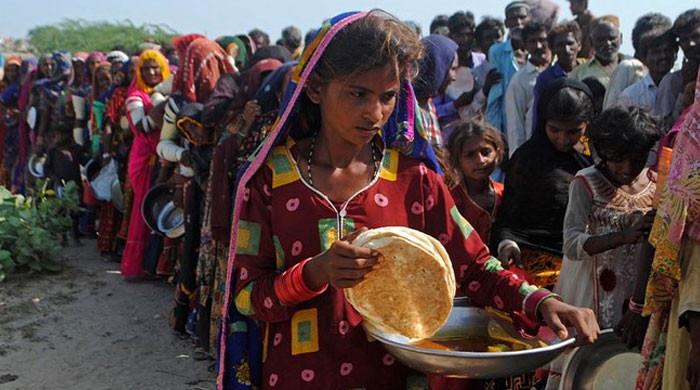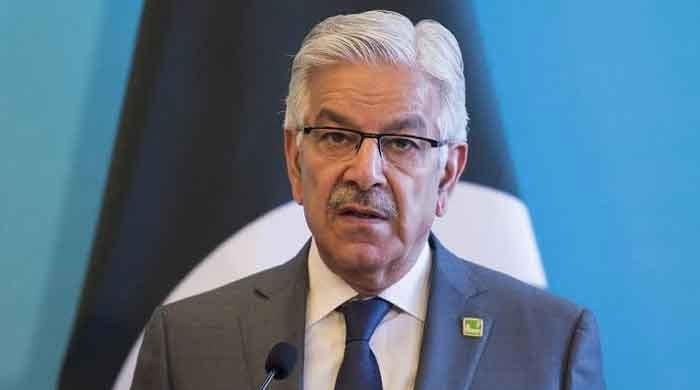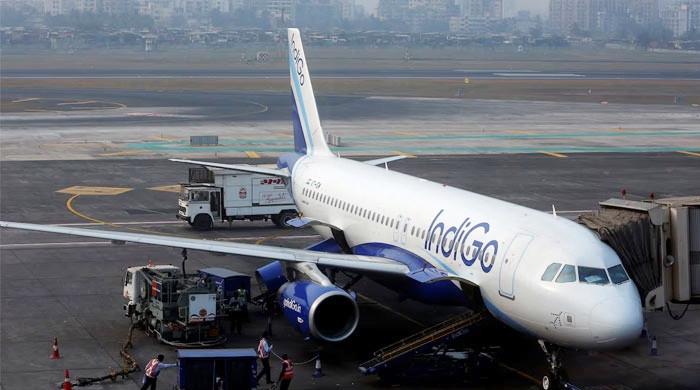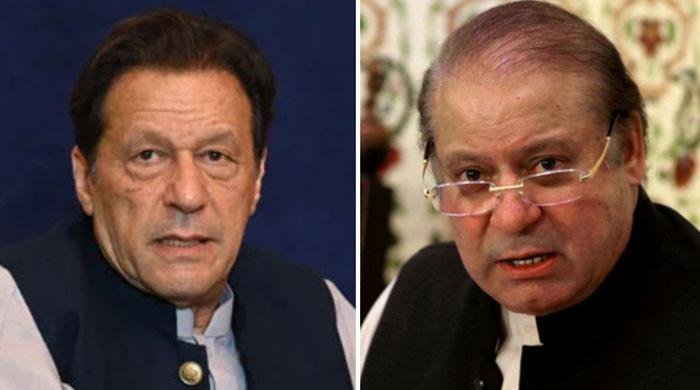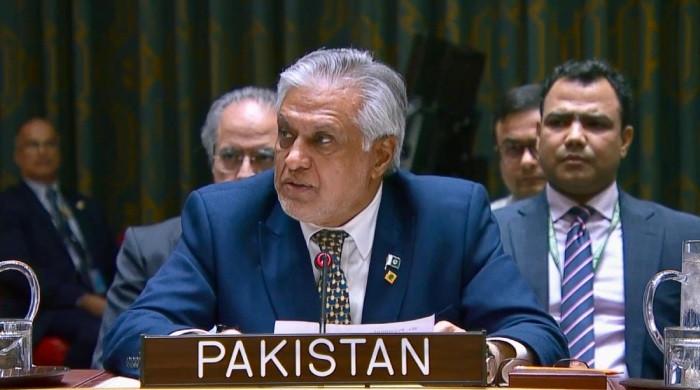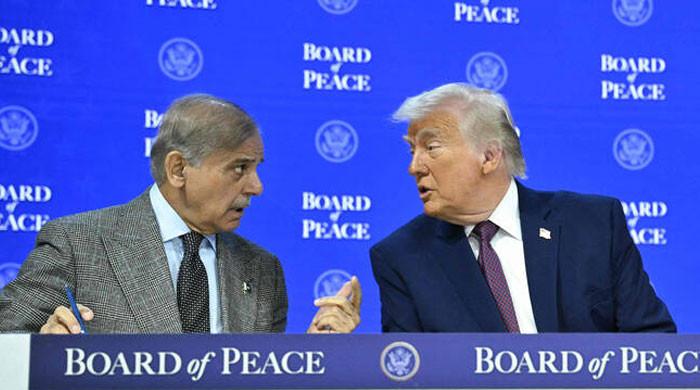In meeting with top US official, Pakistan's envoy pushes for 'economic anchor' in ties
Sheikh meets AS Paul Kapur, congratulates him on stepping into South and Central Asian Affairs role
November 08, 2025
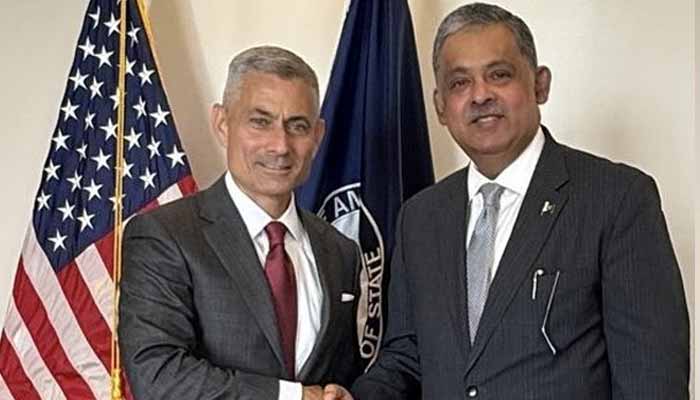
- Sheikh for turning leadership-level goodwill into workable co-action.
- Calls economic cooperation as the backbone of future Pak–US ties.
- US side signals interest, though no firm roadmap is on the table yet.
Pakistan’s Ambassador to the US, Rizwan Saeed Sheikh, on Friday called on US Assistant Secretary of State Paul Kapur, this week, in what officials described as an early round of talks aimed at giving some real shape to the diplomatic warmth shown by both governments in recent months.
The envoy congratulated Kapur on taking charge of the South and Central Asia bureau and used the meeting to push the idea that Islamabad and Washington should now move beyond polite statements and start building what he called an economically grounded strategic cooperation.
In an X post, Ambassador Sheikh said: "Discussed ways and means of translating the resolve — expressed at the leadership level — of developing Pak-US ties into an economically entrenched strategic partnership, through sustained engagement in multiple domains of mutual interest."
He pressed for steady, working-level engagement — trade, investment, energy cooperation, and whatever else can anchor the relationship in something more solid than crisis diplomacy.
"Pleasure to meet Pakistani Ambassador Sheikh at the State Department today," Assistant Secretary Kapur said in a separate message posted on his official X handle.
"Discussed ways to advance the US-Pakistan relationship and make our countries more prosperous and secure."
US officials, for their part, signalled interest in keeping the conversation moving, though there is no detailed roadmap yet. Still, the meeting is being viewed in Islamabad as a useful step in keeping Washington engaged at a time when Pakistan is trying to reopen old channels and stabilise ties after several rough years.
Kapur was sworn in as Assistant Secretary of State for South and Central Asian Affairs on 22 October 2025. He is on leave from the United States Naval Postgraduate School, where he was a professor in the Department of National Security Affairs.
Previously, Kapur was a visiting fellow at the Hoover Institution, served on the State Department’s Policy Planning Staff, and taught at Claremont McKenna College. Kapur is the author of Dangerous Deterrent: Nuclear Weapons Proliferation and Conflict in South Asia; co-author of India, Pakistan, and the Bomb: Debating Nuclear Stability in South Asia; and co-editor of The Challenges of Nuclear Security: US and Indian Perspectives.
His work has also appeared in leading academic journals, in popular news outlets, and in a wide variety of edited volumes. Kapur has directed an annual United States-India Track 1.5 strategic dialogue, as well as other US-India engagements, for the Department of Defence. He received his PhD from the University of Chicago and his BA from Amherst College.




